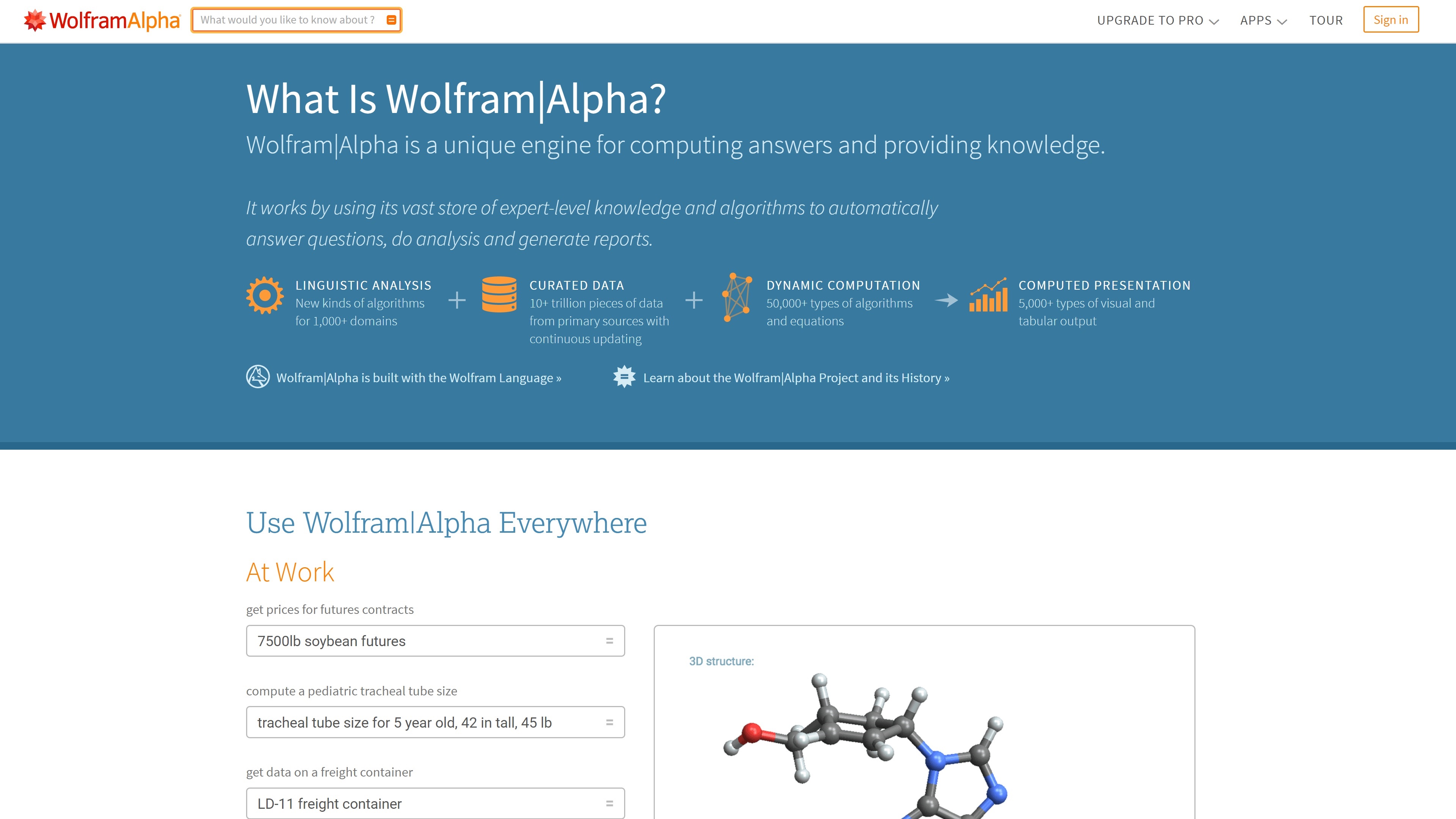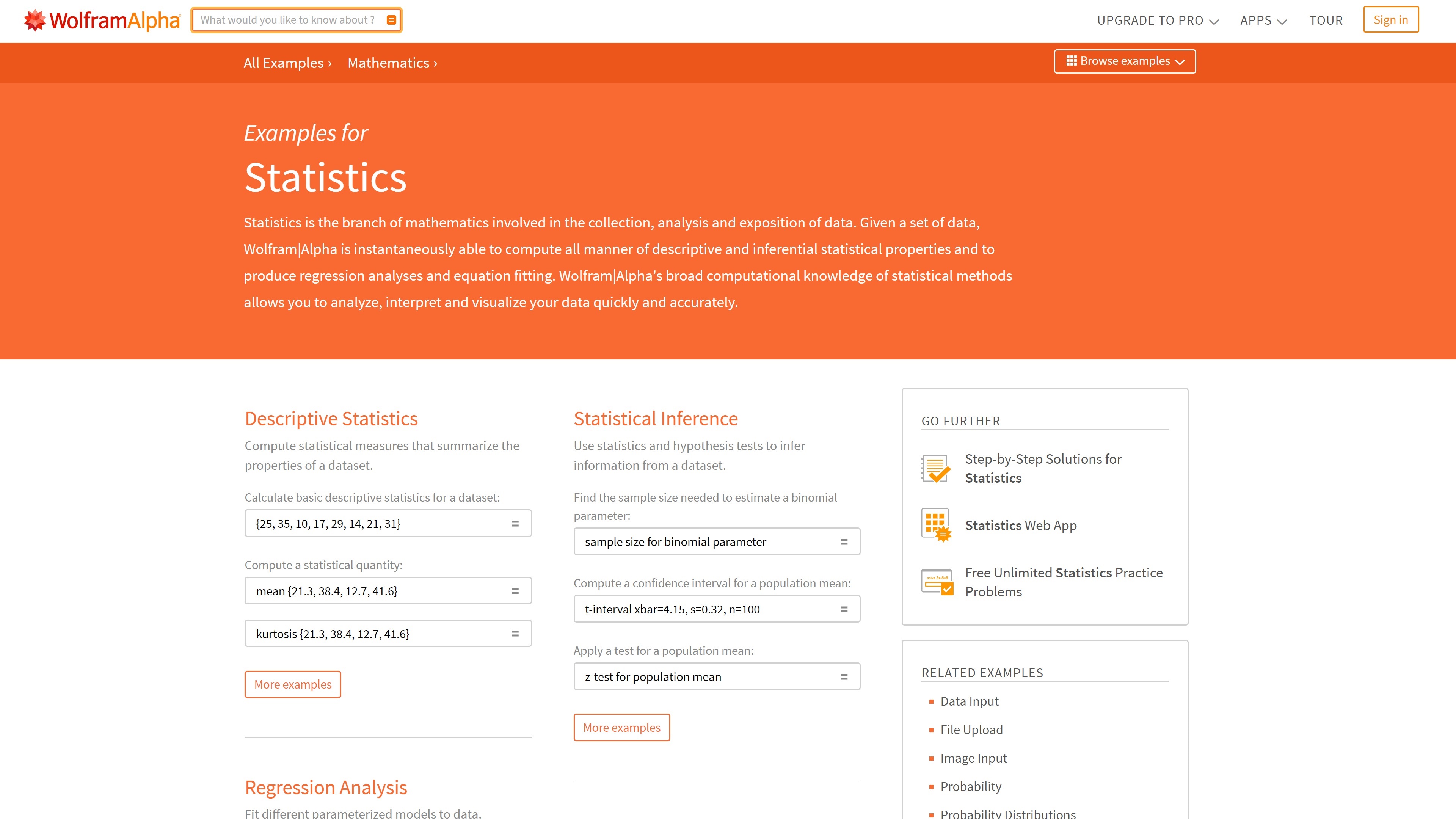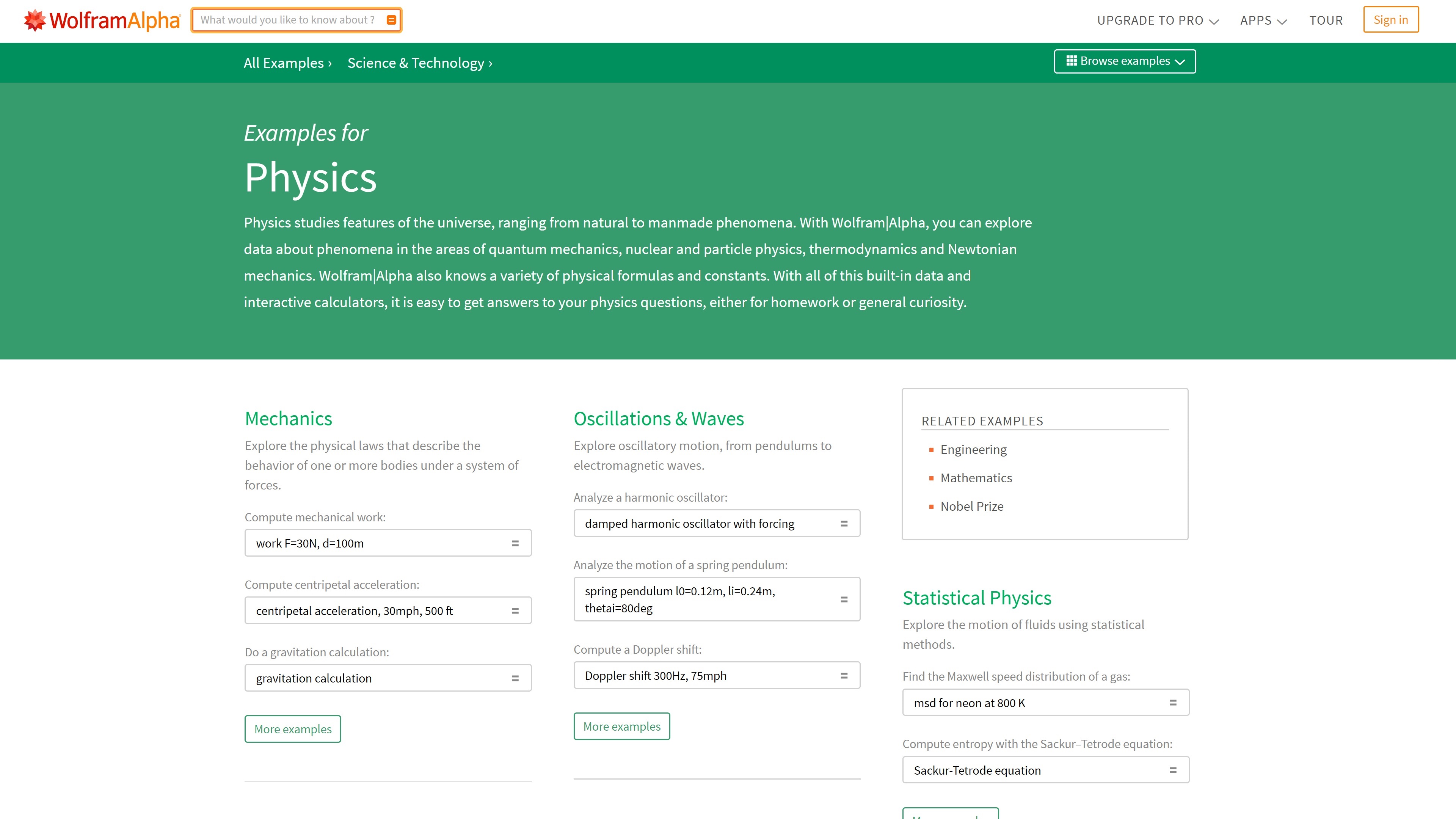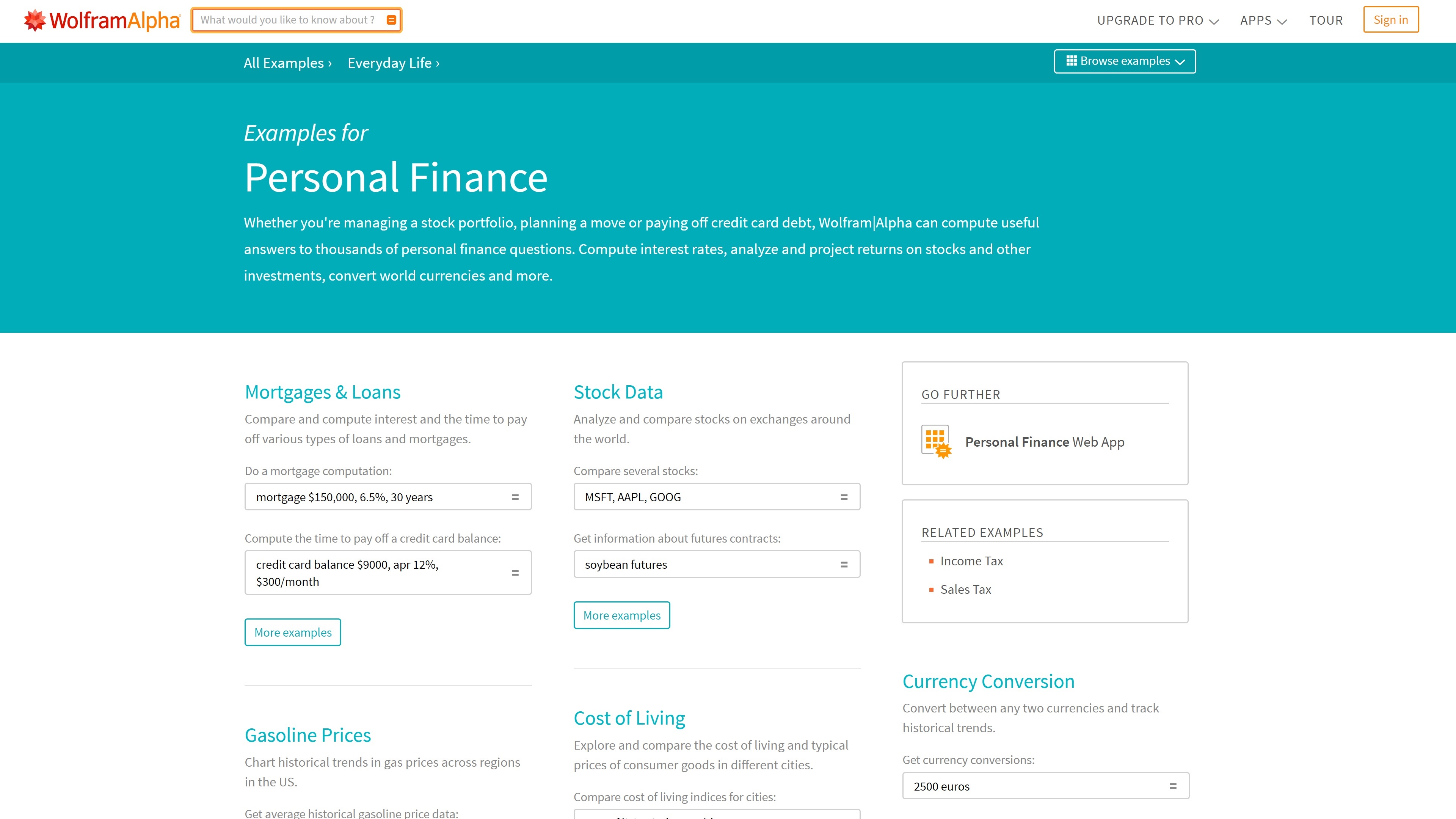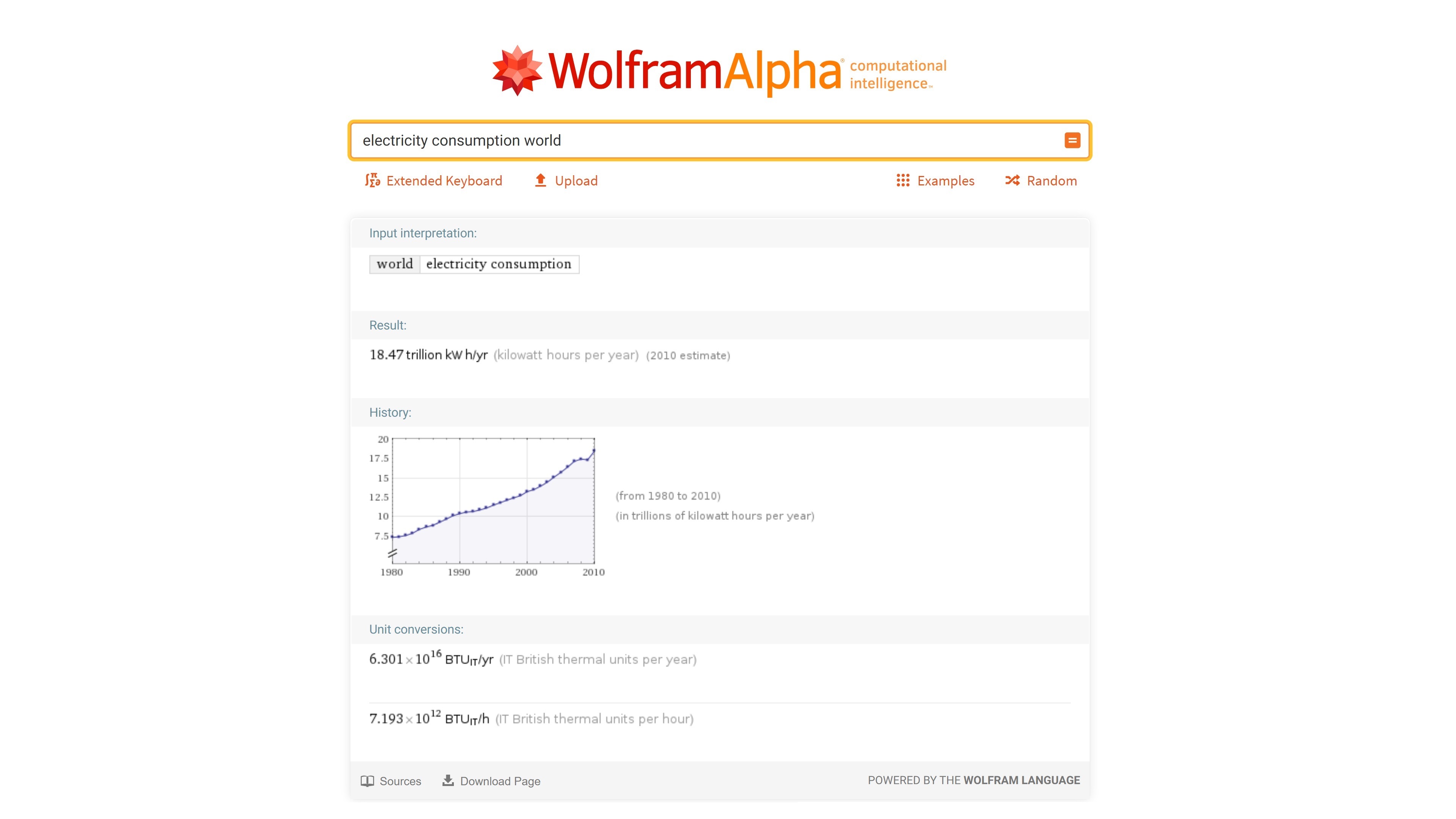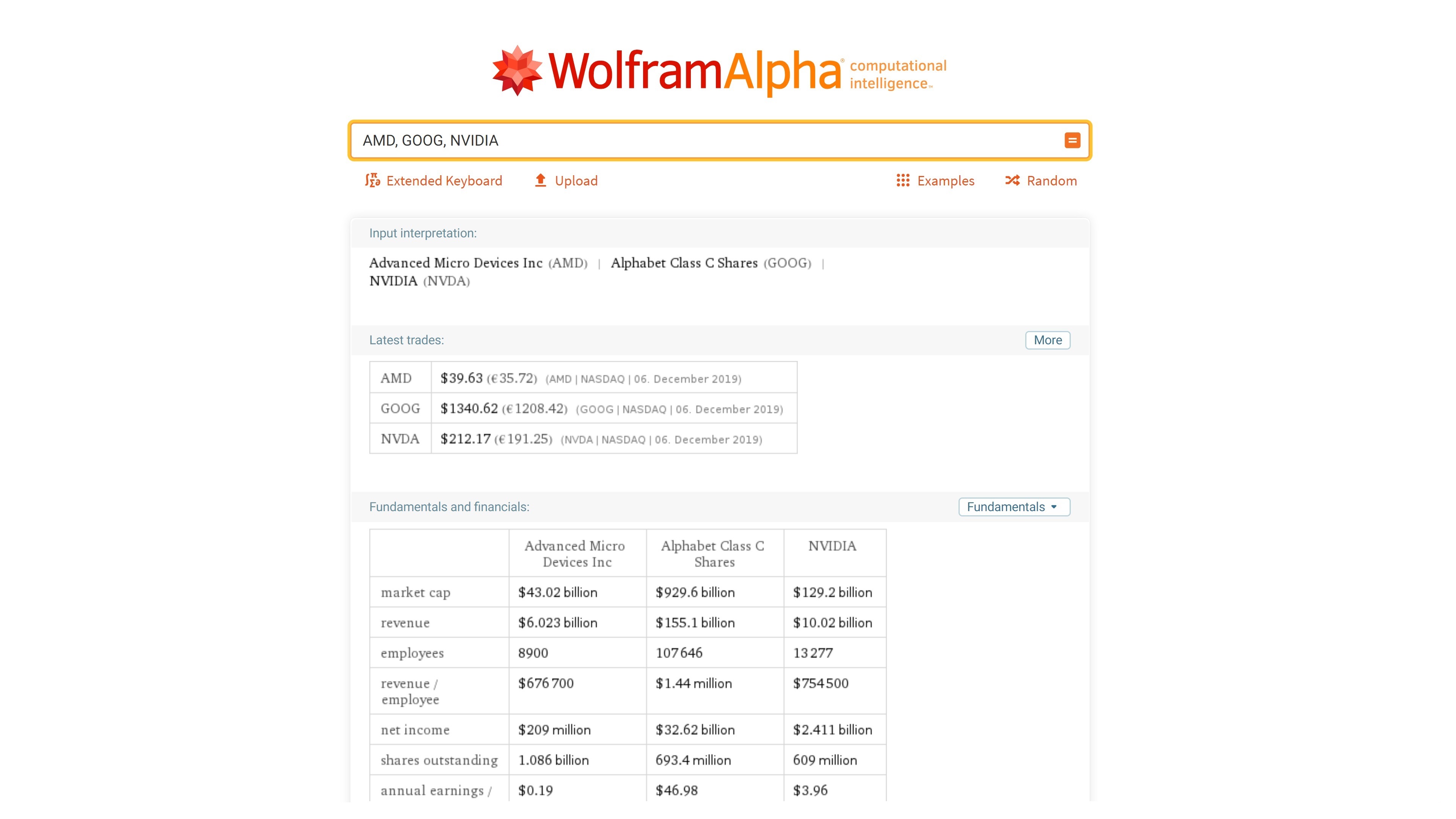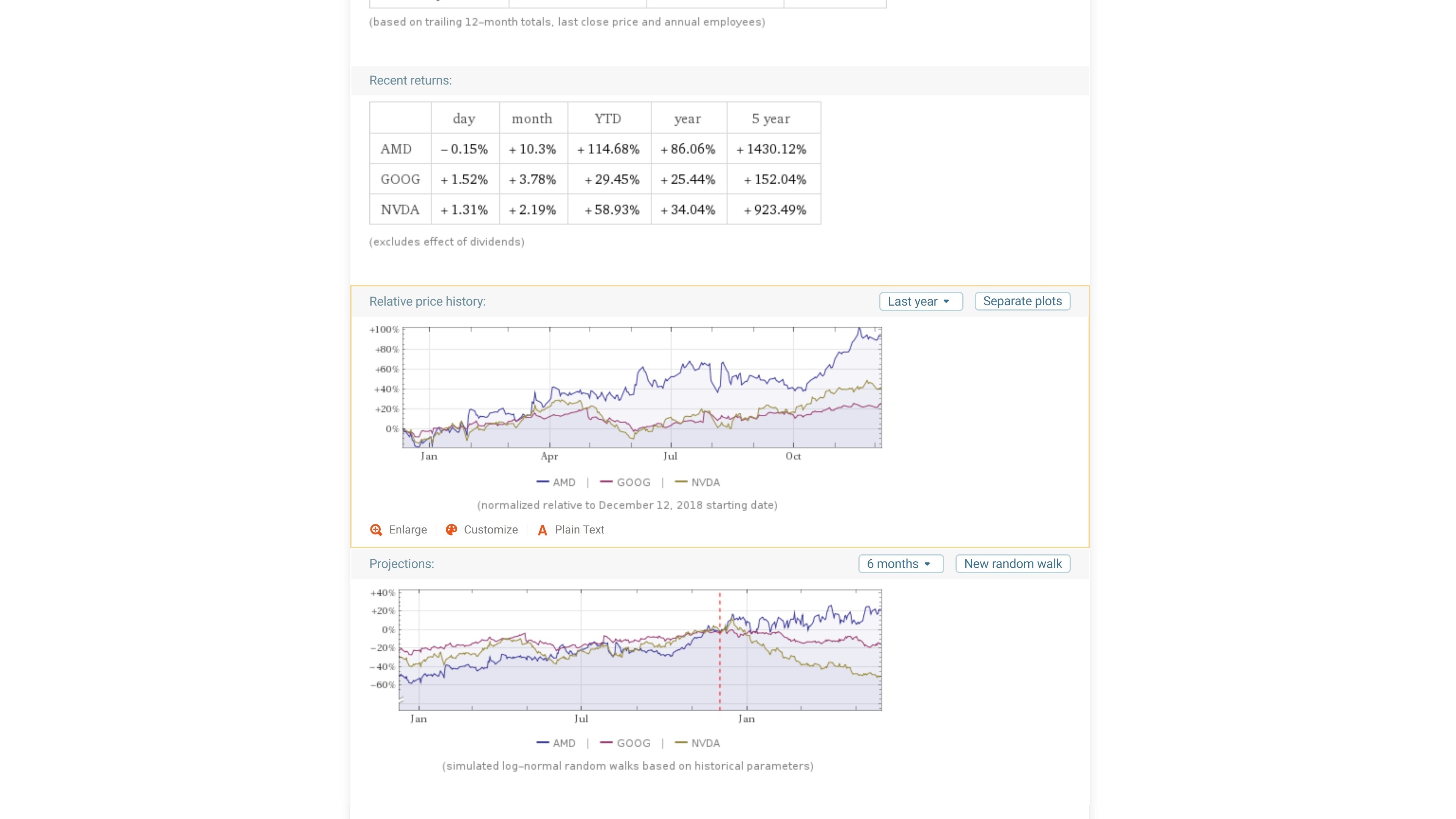Wolfram|Alpha: Making the world’s knowledge computable
Tim Berners-Lee - Connecting the World: From Scientific Sharing to Digital Age
In 1988, the first direct internet connection between Europe and North America was established.
During this time, Tim Berners-Lee, an English scientist working at CERN in Switzerland, started to openly discuss the idea of a web-like system.
The following year, in 1989, he invented the World Wide Web. He then wrote the first web browser in 1990, while still employed at CERN near Geneva, Switzerland.
The World Wide Web was originally envisioned as a means to connect individuals interested in science and research with a network for sharing knowledge, research and ideas.
This concept has evolved into what we now know as the digital age, where people can connect, present, and share their ideas through a global network.
Reshaping Data with the World Wide Web: Advancements in Simulations, Predictions and new Ways of Thinking
While the original purpose of the world wide web was to allow people to view web pages and documents linked to other documents, the system has since evolved into much more.
Today, new projects and ways of thinking have emerged, leading to the possibility of interacting with digital systems and opening up new doors to reshape and understand large amounts of data.
With the help of supercomputers, powerful simulations can be performed to solve physical problems or make predictions about the weather. In addition to these advancements, the world wide web has also proven to be a valuable tool in the field of medicine, allowing for the sharing and dissemination of research, medical information, and patient data among healthcare professionals and researchers worldwide.
This has led to more efficient and effective medical practices, improved patient care, and the development of new treatments and therapies.
The Next Era of Digital Security: A Race to the Future of Computing and Digital Security
In today's world, the transfer of sensitive information over the internet has become increasingly common. To secure this information, we rely mainly on cryptography.
However, with the rise of quantum mechanics, the digital age is entering a new era.
Quantum mechanics is a field of physics that studies the behavior of matter and energy at the atomic and subatomic level. It is a complex field that has posed many challenges for scientists, including the difficulty of pinpointing the hard equations that describe quantum phenomena.
One of the most desired things in the digital world today is a computer based on quantum mechanics. Such a computer would revolutionize computing power and give companies, countries, and private organizations a metaphorical key over the internet as we know it today.
Despite the challenges that quantum mechanics poses, scientists are continuing to explore and develop this field, as the potential applications are immense. In the future, we may see even more advancements in quantum mechanics that will transform the way we live, work, and communicate in the digital age.
Many companies are working on the development of a quantum computer, which would be exponentially more powerful than current computers.
This would enable the computer to easily break any kind of security that currently protects the world's population.
For more information on this particular concern please visit following TED talk.
TED.com - Craig Costello - will quantum computers defeat cryptographers?
Sustainable Computing: Navigating the Challenges of the Digital Age
As we continue to embrace the digital age, we face a new challenge - power consumption.
According to a report by BBC News, Bitcoin, a decentralized digital currency that can be sent from user to user without intermediaries, uses as much energy as the entire country of Switzerland.
The energy consumption of Bitcoin is a result of its mining process, which involves solving complex mathematical equations to validate transactions on the network. The more Bitcoin is mined, the more difficult these equations become, requiring more and more computational power and energy.
The energy consumption of Bitcoin is a cause for concern, as it contributes to climate change and puts a strain on global energy resources. However, it also highlights the need for more sustainable solutions in the digital age, such as the use of renewable energy sources and more efficient computing systems.
As we continue to navigate the digital age, it is important to consider the environmental impact of our technological advancements and work towards more sustainable practices that can benefit both our digital and physical worlds.
Beyond Search Engines: The Next Generation of Intelligent Computing, Making Data Work for You
It's difficult to predict all the ways that technology will benefit us in the future. One example of how computers can assist us today is with the help of Wolfram Alpha.
Wolfram Alpha is a computational knowledge engine that makes working with large amounts of data easier. It utilizes a vast array of functions that are processed by 10,000 units, providing simple and understandable results for everyday questions and tasks.
By using sophisticated algorithms and data processing techniques, Wolfram Alpha is able to generate complex data visualizations, provide answers to mathematical equations, and offer insights into a wide range of topics.
Wolfram Alpha is just one example of how computers can be used to make complex tasks simpler and more accessible. As technology continues to advance, we can expect to see even more innovative solutions that will enhance our lives and change the way we interact with the world around us.
Update from 18th April 2023:
Exploring the Threat of Quantum Computing to Online Security
Recently, a well-known YouTuber named Veritasium released a report on the potential implications of quantum computers on cryptography.
In his video, titled "How Quantum Computers Break The Internet... Starting Now" he studies the current state of quantum computing technology and the ways in which it could potentially break the security protocols that currently protect sensitive information on the internet.
Veritasium information and analysis is widely considered reliable, as he holds a university diploma and has a track record of producing well-researched and informative content.
I highly recommend watching his video to gain a deeper understanding of the potential implications of quantum computing on internet security.
Update from 23rd April 2023:
Wolfram Alpha and ChatGPT: Unlocking the Full Potential of AI Language Tools
I am thrilled to share with you some exciting news in the world of AI and language. OpenAI with ChatGPT have made significant advancements, offering us one of the most powerful tools since the development of the personal computer. This new way of interacting with digital systems through natural language and image output is unimaginable in its context, and has far-reaching implications that we will explore in depth in an upcoming blog post.
As someone who has been closely following these developments, I'm excited to share with you a recent blog post from Wolfram Alpha that provides valuable information on how ChatGPT can enhance your experience with WolframAlpha queries.
100+ ChatGPT-generated Wolfram Language codes
I believe we're just scratching the surface of what promises to be a truly transformative era in the begining of AI technology. Be sure to stay updated on the latest developments, as we continue to witness the evolution of these powerful tools.
Sources:
Wolfram|Alpha: Wolfram|Alpha, Wolfram Natural Language Understanding System
YouTube: Veritasium
Wikipedia: Tim Berners-Lee; CERN; Stephen Wolfram
TED: Craig Costello
BBC: Energy
